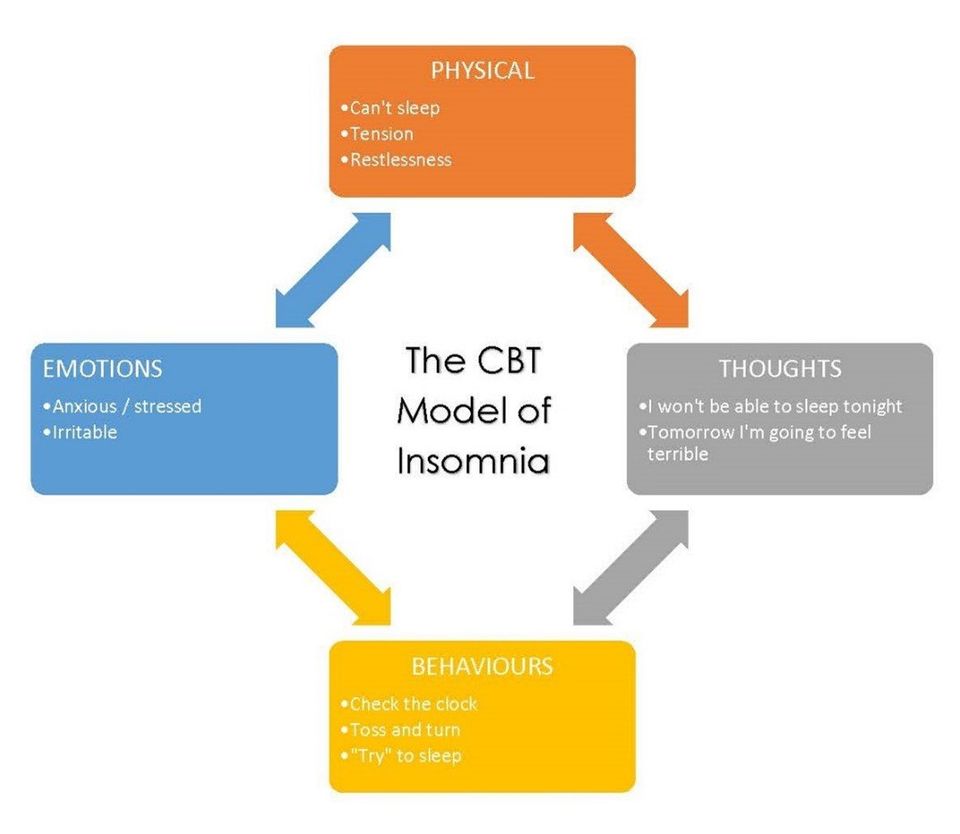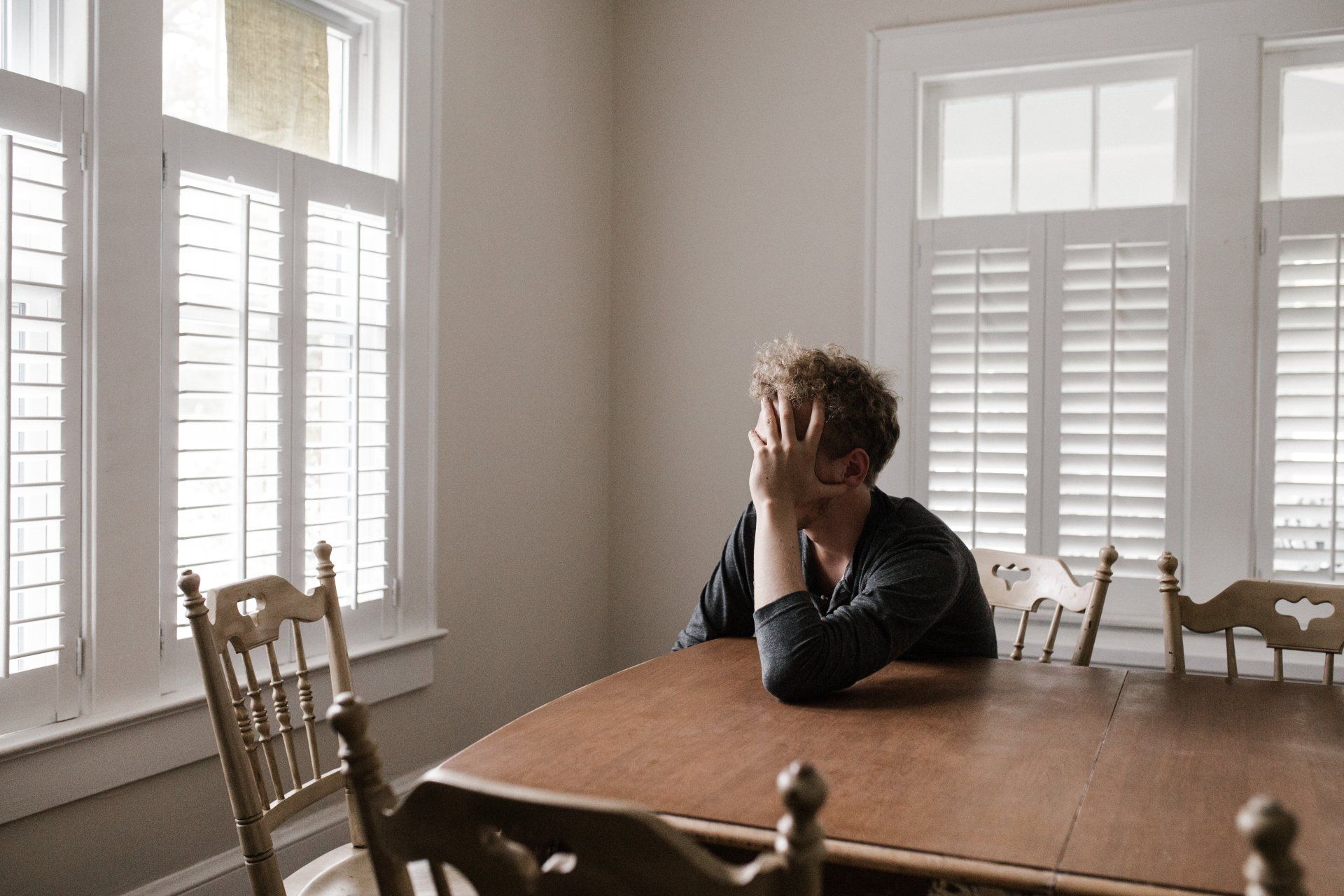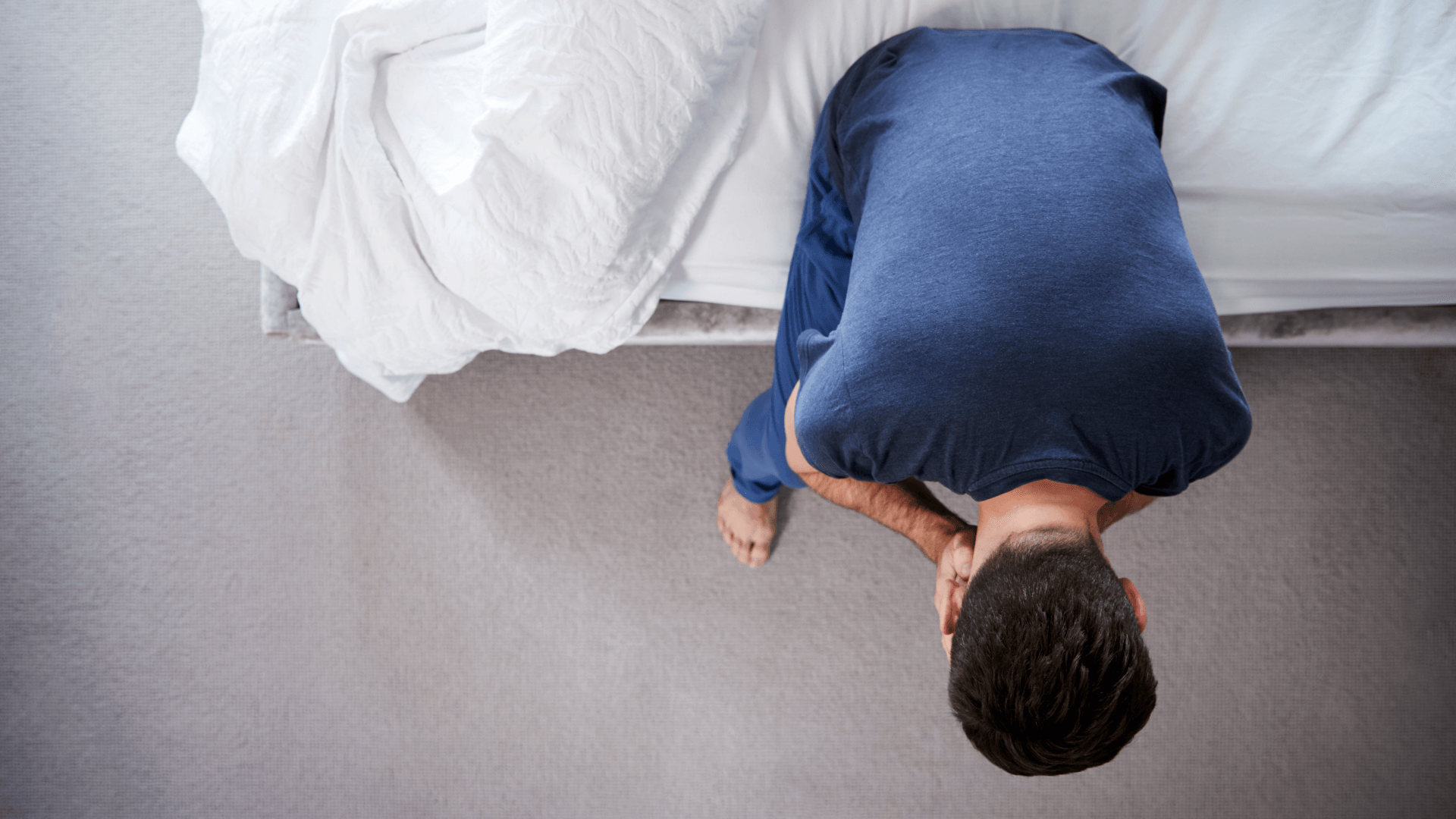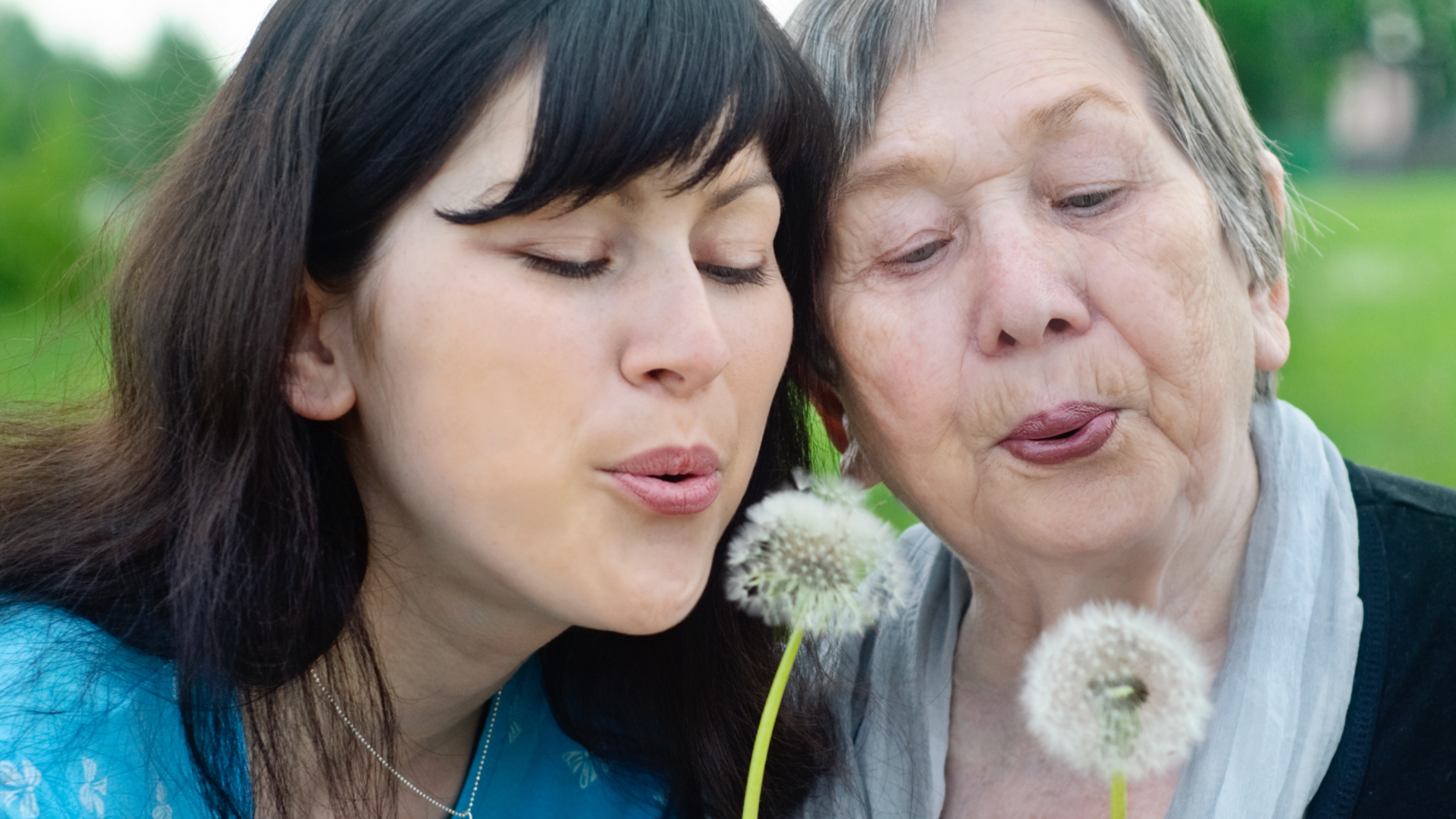by Charlotte Ward
•
5 October 2021
Alzheimer’s is a neurodegenerative condition that can be extremely taxing, on both the person diagnosed with it, as well as their loved ones caring for them. It is a global challenge, with nearly 50 million people living with dementia all over the world. September was World Alzheimer’s Month, but we should consider Alzheimer's all year round. This post wants to help carers know the signs and symptoms of Alzheimer’s and Dementia, as well as how to support yourself as a carer. Knowing the signs and symptoms Dementia can affect people differently, sometimes exhibiting the main symptoms, but sometimes not – which is especially seen in the early stages prior to diagnosis. Someone with dementia will most likely have cognitive symptoms which affect thinking and memory. They’ll usually have some problems with day-to-day memory, or concentrating, planning, or organising. For instance, they may have difficulties making decisions, or carrying out a sequence of tasks such as following directions. Some people also find following a conversation difficult, or they can’t find the right word to say. It’s also quite common for people to have trouble remembering the day or date, or they sometimes are confused about where they are. These sorts of issues are commonplace in people with dementia, and being supportive and providing a safe space to talk can help those struggling come to terms with their diagnosis. Try to avoid to keep testing someone on previous memories or people, nor should you remind them of when they remember memories incorrectly – this may cause greater distress. Different types of activities Of course, different people will enjoy different past-times but below are some suggestions for various activities to do with the one you care for. Ensuring that the activity is meaningful and enjoyable is important, as well as remembering that you don’t have to finish every activity – it’s alright to stop and pick up where you left off another day. Encouraging them as you both complete the activity together is also important to help with confidence and to stay active with their interests. Outdoor activities If the person you’re caring for enjoys being outdoors and in fresh air, doing activities outside can give them that contact with nature, plants and animals whatever the weather. Gardening is a good low intensity activity to do outside, but even just taking indoor-projects such as painting, drawing, or reading outside can make a difference. Walks around the neighbourhood or a local park can also be enjoyable activities to do outside, or going to get a coffee and a leg stretch. Walks in a memorable area can provide a sense of familiarity while getting a leg stretch, and there are also dementia-friendly organised walks. The link to the walks in Derbyshire: https://www.derbyshiredales.gov.uk/things-to-do/sports-health-activities/walking-for-health/dementia-friendly-walks. Guided walks in Nottingham: https://www.ageuk.org.uk/notts/our-services/exercise-and-physical-activity/best-foot-forward/ Musical activities Many people with dementia remember music lyrics and tunes even when their condition has progressed and it can trigger powerful memories and emotions. Playing tunes of musicals or composers can help those who have Alzheimer’s have a sense of familiarity and comfort, and be fun, engaging and relaxing. Games and activities Online games and activities can also be a good way to do projects that require fine motor skills without the frustration of not being able to fully do it. For instance, some people who enjoy arts and crafts may not be able to use scissors properly, or be able to glue without help from a carer; using apps on computers and tablets can be a way to work around the frustration and create digital masterpieces. Technology doesn’t always have to be used, card games and board games can also be a good way to have fun together. Some other activities to do together could include reminiscent projects, such as putting together photo albums or memory boxes with familiar items that have purpose and meaning. How to support yourself while being a carer 1. Make time for yourself Taking regular breaks and having time apart can be healthy for both you and the person you care for, and giving you that space to breathe and think. Remember to also be kind for yourself, support is available at Alzheimers.org’s Dementia Connect support line, which is specifically for carers. 2. Keep a daily routine Ensuring the wellbeing of your loved one is important, but so is the care of your own wellbeing! Including activities in your week that make you both happy such as light exercise, or listening to music can help the time pass by, and cope with difficult feelings such as anxiousness. It can also help to create some structure in your day by using a calendar or a memory board to plan activities such as outings or events and have an idea of how the day is going to run. 3. Keep Connected Staying connected, and using the support of friends and family can be extremely beneficial for mental wellbeing, and with the ongoing pandemic, it can be very easy to feel alone. Keeping in touch either by video chat, phone calls or emails can provide you with the space to talk about your emotions. Meeting face-to-face can also be a good way as we ease out of the pandemic and slowly get out more and see more people. 4. Stay healthy and active Eating a balanced diet is a key part of staying healthy; it can be fun if you try out new recipes with your loved one if possible and make them part of the experience. Staying active with exercise is also incredibly important for mental wellbeing. Dancing, gardening, yoga and walking are some good ways to implement daily exercise activities into your day and keep moving. If the person you care for enjoys spending time outdoors, you can both go for a walk in a local park for some fresh air and contact with nature as well as stretching your legs. What can I do? We encourage you, if you don’t already, to learn and educate yourself about dementia. Spreading awareness about the condition is a good way to reduce the stigma, provide people with accessible resources and educate those who have to care for a loved one with Alzheimer’s. Alzheimers.org has some fantastic resources such as print publications, accessible resources and practical tools. The link to see these resources is here: https://www.alzheimers.org.uk/get-involved/world-alzheimers-month . There’s also a Dementia Connect support line which is manned by dementia advisers if you’re ever in need.















